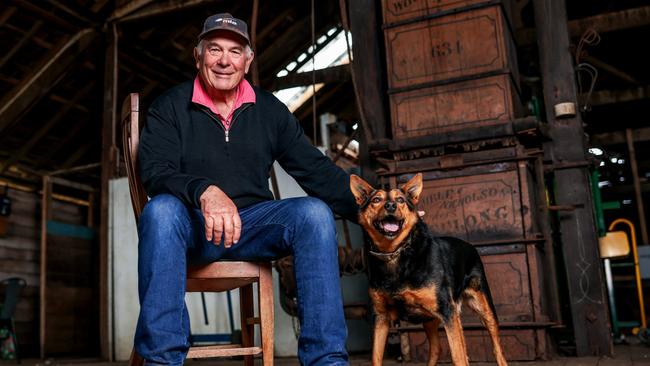Conservation groups are pressuring beef supply chains on deforestation, but supermarkets say they’ll work with farmers
In response to rising pressure from environment groups, Cattle Australia is working to develop a definition of deforestation. Here’s what three supermarkets have said on the issue.
The Australian beef sector will develop a definition of deforestation, to suit both domestic and export markets, says Cattle Australia representative and Mortlake producer David Allen.
He is one of two elected representatives on CA’s regional committee for Victoria.
In response to rising pressure from environment groups, particularly in the EU, Mr Allen said CA was working with the supply chain to develop agreed definitions.
This week a Woolworths Group spokeswoman said Woolworths was “committed to sourcing beef sustainably in partnership” with farmers.
“We believe our no deforestation goal (by December 2025) will help promote the already strong sustainability credentials of Australian red meat,” she said.
“We expect all our suppliers to adhere to all Federal and state land management laws.
“We support the development of a localised definition which recognises Australia’s unique landscape and vegetation while ensuring responsible land management.”

A Coles spokeswoman said the supermarket recognised the “complexity of addressing the nature challenge” and were committed to working with farmers to reduce the impact on the environment. Coles would collaborate with the Australian Beef Sustainability Framework and with suppliers to “preserve the environment and maintain productive landscapes”, she said.
Meanwhile, Aldi committed to be “deforestation free” by the end of 2025, and has said it will work collaboratively with industry.
Mr Allen said “state and federal government vegetation legislation make it very clear that it is illegal to clear native vegetation in Australia”.
He said CA’s aim was to get consensus in an Australian context using “science and globally-accepted terminology for identifying the status of on-farm vegetation”.
“No sensible person wants products from land that has been deforested but the issue is in the definition,” he said.
“In Europe (land) is either agricultural land or forest, but in Australia we run cattle in the bush (forests) so is it agricultural land or forest?
“It is ludicrous to accept policies and definitions from other parts of the world, so CA’s work will clarify the issue.”
Mr Allen said with many companies adopting Science Based Target Initiatives, there were both positive and negative implications for agriculture.
One of the most difficult would be getting agreement on deforestation definitions, he said, especially for exports to Europe. But, there was “great opportunity for land managers to work within their supply chains” and “monetise previous Landcare and environmental plantings”.





